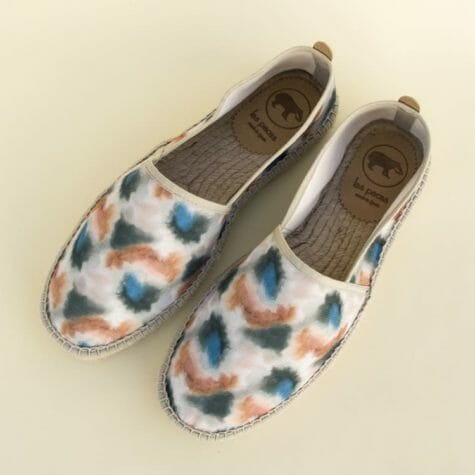Sustainability continues being at the forefront of product decisions, branding initiatives and strategic planning in the textile industry. The use of recycled materials, including recycled cotton, is a growing topic of interest. Let’s see why this is so important: Current cotton production is environmentally unsustainable as it causes severe droughts and contamination of water needed by humans.
The use of recycled cotton can generate significant savings in natural resources, lower energy consumption and CO2 emissions, and reduce pollution from agriculture.
Pre-consumer Recycled Cotton is the reconversion of cotton fabric into cotton fiber, diverting the waste stream during the manufacturing process. For example, the remaining post-cut and post-tailoring fabrics are cotton “waste” that has the ability to be recycled.
It is made from manufacturer waste rather than consumer waste. What this means is that scraps and offcuts that never make it into the customer’s hands have been given a new life and reused into something useful, rather than disposed of. It can be more environmentally friendly than organic cotton because it diverts leftover cotton from the creation of other products, reducing waste. When thinking about environmental responsibility, organic cotton is not the only “sustainable” option. Pre-consumer recycled cotton is more sustainable and does not require as much energy to produce, as well as minimizing waste in the fashion industry.
https://textileexchange.org/standards/recycled-claim-standard-global-recycled-standard/



